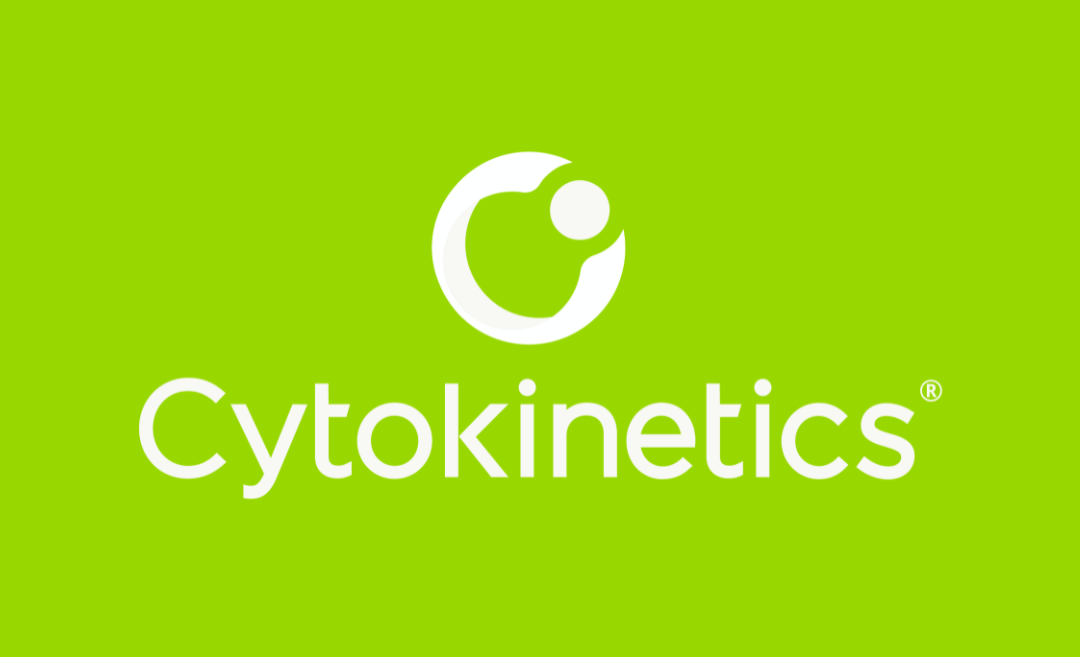Finerenone (Bayer’s Kerendia) seems to be the gift that keeps on giving, and we can now add the ability to reduce worsening HF events in patients on diuresis to its growing list of benefits thanks to a new JAMA substudy of the FINEARTS-HF trial.
- FINEARTS-HF explored the effects of finerenone in 6k HFmrEF/HFpEF patients and found that the drug significantly reduced worsening HF events and CV death versus placebo.
- HF patients commonly face periods of stability interrupted by episodes of worsening symptoms and volume retention which causes physicians to put them on diuresis.
- Due to financial incentives and patient preference, oral diuretics tend to be more popular than intravenous loop diuretics because they don’t require in-patient care.
Diving deeper into the data from the FINEARTS-HF trial, researchers found that patients who were given more intense diuretic regimens (n=1,250) during worsening HF had nearly 3x higher death rates than those without worsening HF.
- Patients on intense diuretic regimens faced a death rate of 11.6 per 100 patient-years compared with 4.5 per 100 patient-years for patients without worsening HF who didn’t need diuretics.
Where finerenone really shined was in reducing the death rate in patients on diuretics by cutting down on the need for more intense regimens.
- Encouragingly, patients on finerenone saw an 11% decrease in diuretic intensification, meaning that finerenone helped avoid the need for intravenous loop diuretics.
- This contributed to a 15% reduction in the study’s overall composite endpoint of cardiovascular death, HF hospitalization, and urgent HF visits.
The Takeaway
We already know that finerenone is capable of reducing worsening HF and CV death, but understanding which symptoms it reduces can help us fine tune exactly which patients need it and when, especially as more research trickles in.





